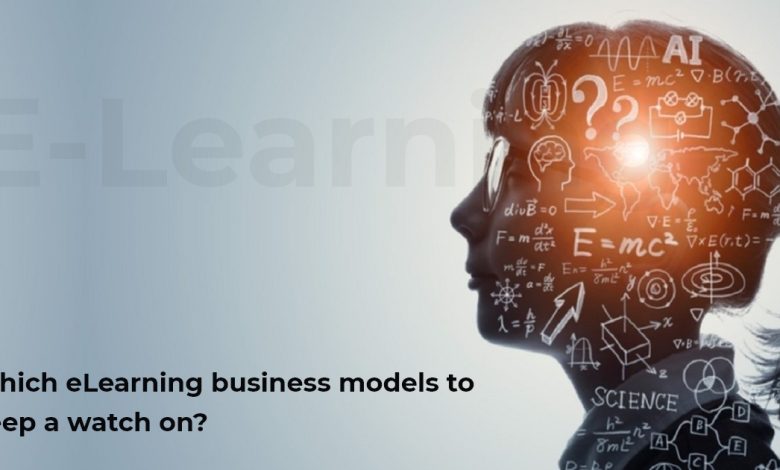
eLearning is one of the fastest-growing businesses today, and because of the Covid-19 pandemic, we have all experienced eLearning and relied on it to keep up with our education. Covid-19 created a solid opportunity for the ed-tech industry and fuelled the growth of eLearning tremendously.
The whole world knows how students relied on either Google Meet, Zoom, or Teams for online classes during the pandemic. No matter how much we missed visiting schools and colleges, online classes were a savior during the Covid-19 crisis.
With the increase in the use of eLearning apps, the demand for such apps was also bound to go up. Now, even after the pandemic situation is back to normal, eLearning app development doesn’t seem to slow down anytime soon.
Taking inspiration from many successful eLearning apps, more and more tech-savvy entrepreneurs and educators are planning to start their own eLearning businesses. However, to start a successful edtech or eLearning app, one must be fully aware of the types of eLearning business models and choose the right one to establish their app.
Although the main focus of this blog is to focus on the top business models for education startups, we will first have to understand what the eLearning business model exactly is. So, let’s find out.
What is the eLearning business model?
An eLearning business model is a framework that guides the business to generate monetary profits. It serves as a road map for your business plans and assists you in envisioning your company’s long-term value. Businesses utilise a variety of eLearning business models for their eLearning startup app development, and deciding on one eLearning business model sometimes becomes challenging.
So, as we have learned what an eLearning business model is, we will further explore the top three business models popular in the eLearning industry. So, let’s jump into it!
Which are the top 3 eLearning business models?
There are top 3 eLearning business models that you can look up to develop a successful eLearning app. Have a look at these business models and find out which would be the most appropriate one for you.
Night school model
The night school model came up from the concept of skill-based classes. It’s a traditional business strategy in which a student pays a one-time price to gain access to course materials. The courses under this business model, courses have a set structure that includes learning modules, assessments, quizzes, and examinations to put the learner to the test.
The night school business model is suitable in the following cases-
- Appropriate for the students seeking a specific skill or want to learn a particular course or language.
- The night school eLearning business model is a great alternative to physical classroom teaching.
- This eLearning business model can be beneficial for startups and new businesses wanting to generate revenue through subscriptions and course sales.
- It is a suitable business model for businesses with high-priced courses.
Here are some of the downsides of this business model-
- Uncertainty in cash flow because of one-time payments by learners
- A lot of time and energy is consumed to create courses in this business model
- A high budget is required for promotional activities
Academy model
This is a subscription-based model in which the eLearning platform operates as a virtual school. This business model encourages the students to learn new skills with a comprehensive collection of courses, videos, and other learning materials. The academy model provides innumerable features for the learners, such as live question/answer sessions, support groups, and one-on-one sessions with instructors.
The Academy business model is suitable for the following-
- Suitable for creators, fitness, and sports enthusiasts.
- Suitable for learners looking forward to learning multiple skills
- When you want to learn different tools and software such as Photoshop, Indesign, Adobe software, etc.
Here are a few limitations of the academy eLearning business model-
- This model doesn’t yield high profits in the beginning
- Content has to be updated regularly
- A more advanced and expensive platform is required to operate the Academy model
Combined business model
As the name suggests, this model is an amalgamation of both the night school model and the academy model. This eLearning business model offers both- subscription-based courses and one-time fees courses.
This eLearning business model is suitable for the students willing to pay extra fees for additional course materials and courses to improve their skills more.
One limitation of this business model is that it is not as popular as the other two. However, eLearning businesses are starting to recognize and integrate this business model into their eLearning apps slowly.
Which eLearning business model sounds like the best deal to you?
After discussing the three eLearning business models and understanding them thoroughly, we hope you have found the right business model for your next eLearning app development project. Based on your core requirements and competencies, you can evaluate all three business models and choose the best one.
Furthermore, if you are not able to make a decision by yourself, you can always ask the industry experts and mobile app developers to assist you.






